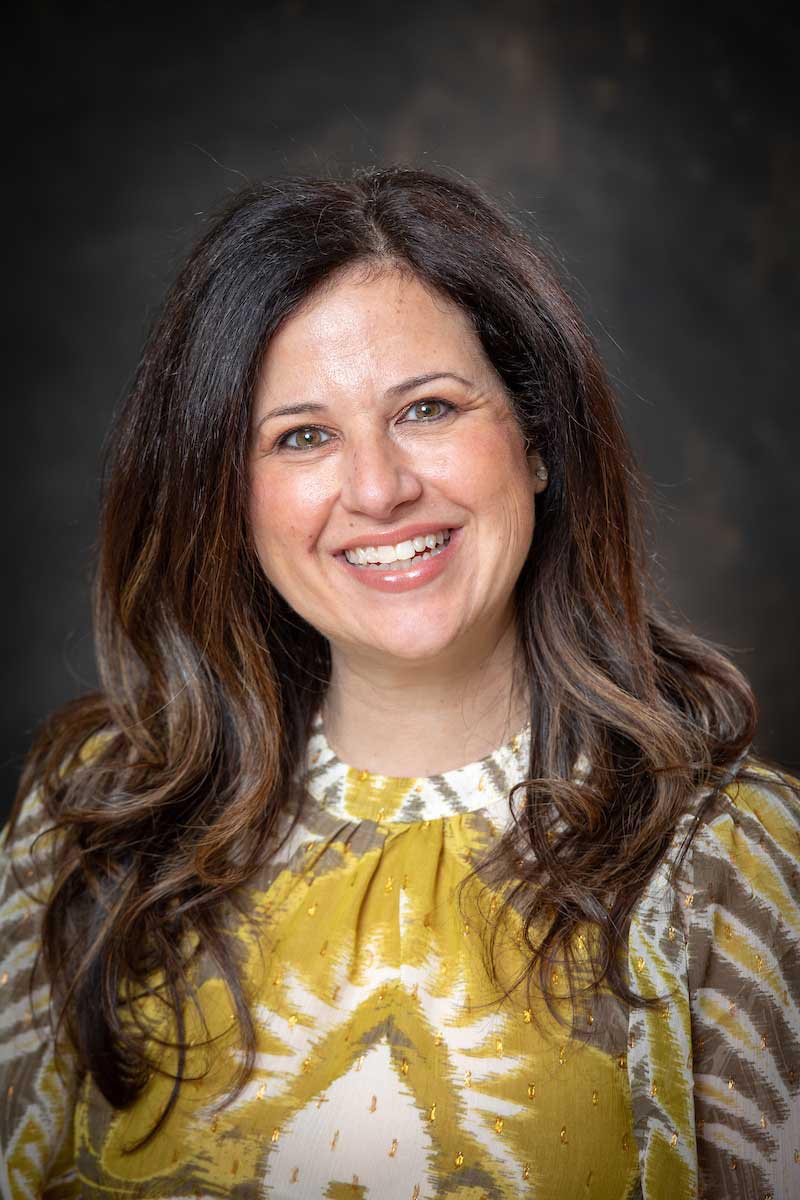Christine Emond
Adjunct Faculty, Social Work
Contact Information:
Personal Statement:
Since graduating from Salve Regina, I attended Boston University School of Social Work and pursued my independent clinical licensure. Currently, I am the director of interdepartmental services at the Department of Behavioral Healthcare, Developmental Disabilities and Hospitals (BHDDH). In this role, I oversee a variety of programs, including Quality Management (Adult Protective Services, Quality Improvement and Office of Licensure and Standards), Emergency Management Coordination, System Initiatives for Vulnerable Populations, and Office of Employee Relations and Support.
In my role at BHDDH, I am able to use my creativity, leadership skills, clinical expertise, macro practice and passion for helping people. The programs that I oversee ensure that all the needs of the populations served by BHDDH are addressed within the continuum of care, ensuring that none of the populations fall in the cracks. Also, serving as a clinical expert and providing clinical oversight for BHDDH.
Since the COVID-19 pandemic, I have been working to strengthen the organization and provide support to the employees within BHDDH, creating a healthy and productive organization. I have been serving as a leader creating a work-life balance for myself and staff within the organization. For example, being a leader for practicing self care and balancing work demands. Most recently, creating a trauma informed approach with the utilization of pet therapy to provide comfort, joy and support to staff within state government. CoCo and I will be visiting different departments within the state to offer pet therapy to staff beginning this month.
I have been very fortunate within my career to have many amazing and diverse opportunities within the field of social work. I am very thankful for each and every opportunity as they have led to the expertise that I have today. At times, the work was challenging and pushed me to be better.
I have been able to work collaboratively with a police department to create an outreach program to proactively address the needs of individuals experiencing a behavioral health crisis. Due to this experience, I became a trained FBI crisis negotiator. I also became a speaker for the New England Crisis Negotiators Association as a subject matter expert and explaining the program that the police department and my organization developed to outreach individuals that were experiencing a behavioral health crisis.
I have also been able to work with the Substance Abuse and Mental Health Services Administration as a consultant related to the forensic population and implementation of trauma informed care practices.
I became a social worker because I wanted to be an advocate, educator and I wanted to help people. I love educating clients, professionals and students. For me, it has really been that simple. I feel empowered to speak for those who are marginalized. I am an advocate for individuals being able to address behavioral health needs in a stigma free environment. I truly believe everyone’s voice should be heard.
I hope to leave the field of social work a few more steps forward from when I first started. I am invested in helping our profession grow, advance and adapt to the changing times of the world. I am invested in lifelong learning, which allows us to learn new techniques to meet the ever changing needs of those individuals who are marginalized.
In addition, I try to challenge macro systems to think differently and develop creative solutions to better meet the needs of vulnerable populations. I often find myself pushing the limits and boundaries of the current systems in place. I utilize a trauma informed approach within the field, which has been successful with individuals as well as within macro systems. My overall goal within the work that I do is to be able to make life better for the individuals and systems that I come into contact with.
Lastly, I hope to educate, mentor and share my experience with the new generation of social workers in hopes of inspiring them to go out into the field to challenge the systems that are in place now and offer more innovative ideas to provide support to the vulnerable populations.
